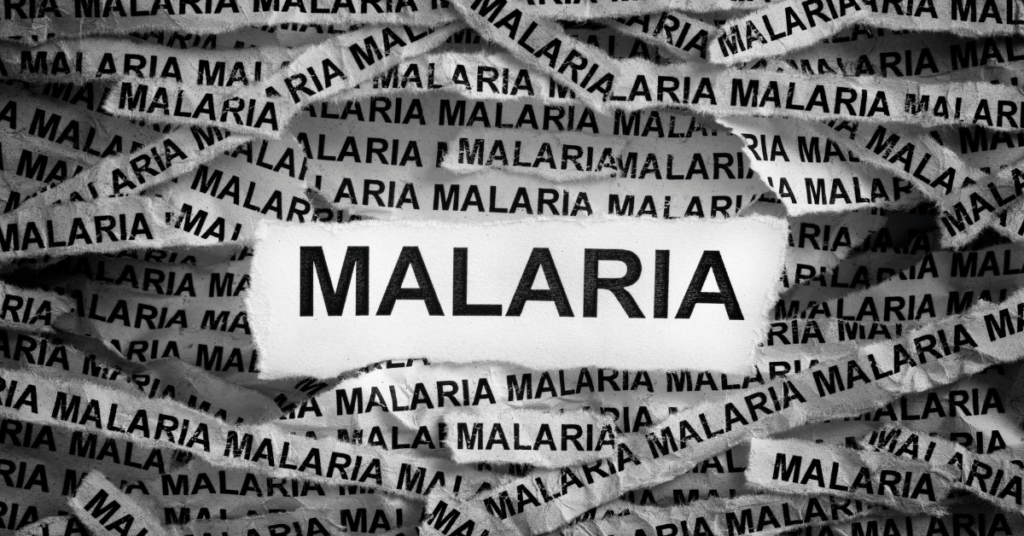The World Health Organization (WHO) has certified Cabo Verde as a malaria-free country, marking a historic milestone in the fight against the deadly disease. Cabo Verde is the third African country to achieve this status, after Mauritius and Algeria, which were certified in 1973 and 2019 respectively.
Malaria is a parasitic infection transmitted by mosquitoes that causes fever, headache, chills, and sometimes death. According to WHO, malaria killed about 384,000 people in Africa in 2021, accounting for 96% of the global malaria deaths.
Cabo Verde, a small island nation off the west coast of Africa, has been working to eliminate malaria for decades, with the support of WHO and other partners. The country has implemented effective policies and strategies, such as strengthening surveillance, diagnosis, and treatment, distributing insecticide-treated bed nets, and conducting indoor residual spraying.
The country also demonstrated its resilience and commitment when it faced a malaria outbreak in 2017, which resulted in 423 cases. Cabo Verde quickly responded by improving its vector control and case management, and managed to interrupt the transmission within a year. Since then, no indigenous cases have been reported.
During the COVID-19 pandemic, Cabo Verde maintained its malaria elimination efforts, while also adapting to the new challenges posed by the coronavirus. The country ensured the continuity of essential malaria services, such as testing, treatment, and prevention, and leveraged the existing malaria surveillance system to monitor and respond to COVID-19 cases.
WHO Director-General Dr Tedros Adhanom Ghebreyesus congratulated Cabo Verde for its remarkable achievement, saying that it is “testament to the power of strategic public health planning, collaboration, and sustained effort to protect and promote health.”
He also said that Cabo Verde’s success gives hope that with existing tools, as well as new ones including vaccines, the world can dare to dream of a malaria-free future.
Dr Matshidiso Moeti, WHO Regional Director for Africa, also praised Cabo Verde for its inspiring example, saying that it is “a beacon of hope for the African Region and beyond.”
She added that Cabo Verde’s achievement shows that malaria elimination is possible, even in countries with high malaria burden and limited resources. She urged other African countries to follow Cabo Verde’s lead and intensify their efforts to end malaria.
However, she also acknowledged the challenges and risks that remain, such as the threat of imported cases from neighboring countries, the emergence of drug and insecticide resistance, and the impact of climate change and environmental factors on mosquito breeding and behavior.
She called for sustained political commitment, financial support, and multisectoral collaboration to maintain the malaria-free status and prevent the re-establishment of transmission. She also emphasized the need for regional and global solidarity and cooperation to eliminate malaria across Africa and the world.
Cabo Verde’s Prime Minister, Ulisses Correia e Silva, expressed his gratitude to WHO and other partners for their support and guidance, and said that the certification as a malaria-free country has a huge impact on the country’s external image and development.
He said that the country will continue to invest in its health system and fight other mosquito-borne diseases, such as dengue fever. He also said that the country will share its experience and best practices with other African countries that are striving to eliminate malaria.
The certification of malaria elimination is the official recognition by WHO of a country’s malaria-free status. It is granted when a country has shown, with rigorous and credible evidence, that it has interrupted the indigenous transmission of malaria by Anopheles mosquitoes for at least three consecutive years, and has the capacity to prevent the re-establishment of transmission.
Cabo Verde is the 44th country in the world to be certified as malaria-free by WHO. The last country to receive this certification was China, in June 2021. WHO aims to eliminate malaria from at least 35 countries by 2030, as part of its global malaria strategy.

